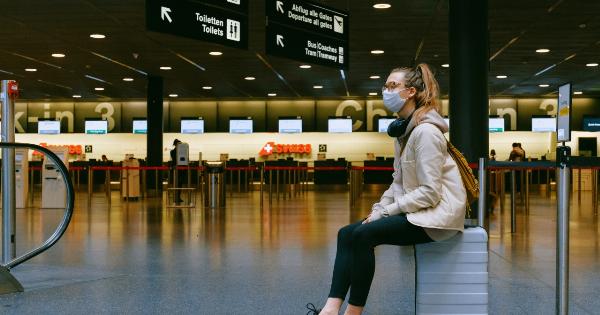Health officials in Saudi Arabia are on high alert following an outbreak of Middle East respiratory syndrome (MERS) in the country.
MERS, a viral respiratory infection first discovered in Saudi Arabia in 2012, has since spread to other parts of the world, with cases reported in 27 countries. But the latest outbreak in Saudi Arabia is particularly worrying, as it comes ahead of this year’s Hajj pilgrimage, which is expected to attract millions of people from around the world to the holy city of Mecca.
What is MERS and how is it spread?
MERS is a viral respiratory infection caused by a coronavirus. It was first identified in Saudi Arabia in 2012, but cases have been reported in other parts of the Middle East, as well as in other countries, including the UK, France, and South Korea.
The virus is primarily spread through close contact with infected people, particularly when they cough or sneeze. It can also be spread through contact with contaminated surfaces or objects.
Symptoms of MERS can include fever, coughing, and shortness of breath, and in some cases, the infection can be fatal, particularly in people with underlying health conditions.
Current outbreak in Saudi Arabia
The latest outbreak in Saudi Arabia was first reported in mid-June, and as of the end of July, there have been over 180 confirmed cases and more than 50 deaths.
The majority of cases have been reported in the capital, Riyadh, and the eastern province of Al-Ahsa.
The outbreak is particularly worrying as it comes ahead of the Hajj pilgrimage, which is set to take place in late July this year.
The Hajj is one of the five pillars of Islam and is a mandatory religious duty for all able-bodied Muslims who can afford to undertake the journey. It is estimated that around 2.5 million people will participate in the Hajj this year, with many arriving from countries where MERS is already circulating.
Measures being taken to prevent the spread of MERS
Saudi Arabia has taken a number of measures to try to prevent the spread of MERS, including stepping up screening for the virus at airports and other entry points into the country.
Health officials have also urged people to practice good hygiene, such as washing their hands regularly and covering their mouth and nose when coughing or sneezing. In addition, the government has advised the elderly, pregnant women and people with chronic health conditions to stay away from large gatherings, such as the Hajj.
Despite these measures, there are concerns that the Hajj could contribute to the spread of MERS.
In the past, large gatherings of people, such as the annual Hajj pilgrimage, have been linked to outbreaks of infectious diseases, such as meningitis and Ebola.
Global response
The latest outbreak of MERS in Saudi Arabia has sparked concern around the world, with health officials urging caution for those travelling to the country.
The World Health Organization (WHO) has also issued a statement urging people to take precautions, such as wearing masks and avoiding contact with sick people, if they plan to attend the Hajj.
In addition, the WHO has called for more research into the virus and its transmission, as well as better coordination between countries to prevent its spread. There is currently no specific treatment for MERS, and no vaccine to prevent it.
While most people who contract the virus only experience mild to moderate respiratory symptoms, those with underlying health conditions are at risk of more severe complications, including pneumonia.
Conclusion
The current outbreak of MERS in Saudi Arabia has sparked anxiety among health officials and the public alike, with fears that the Hajj pilgrimage could contribute to the spread of the virus around the world.
While measures are being taken to try to prevent the spread of MERS, there is still much that is unknown about the virus and how it is transmitted. As such, it is important that people take precautions and practice good hygiene if they plan to attend the Hajj or travel to the region.
Further research and international cooperation will also be necessary to prevent future outbreaks of MERS and other infectious diseases.





























